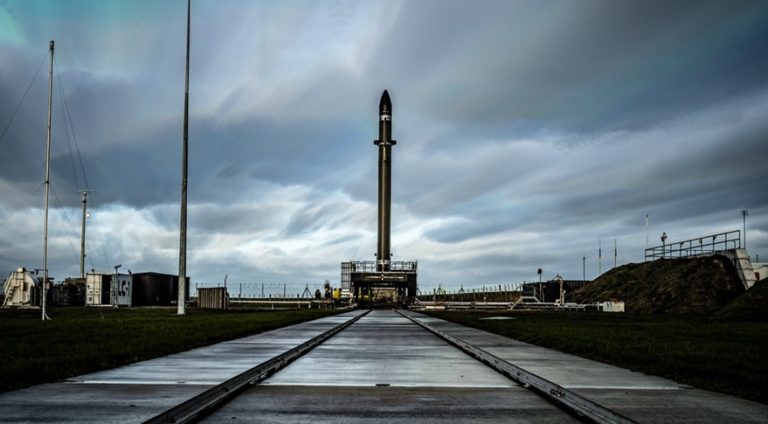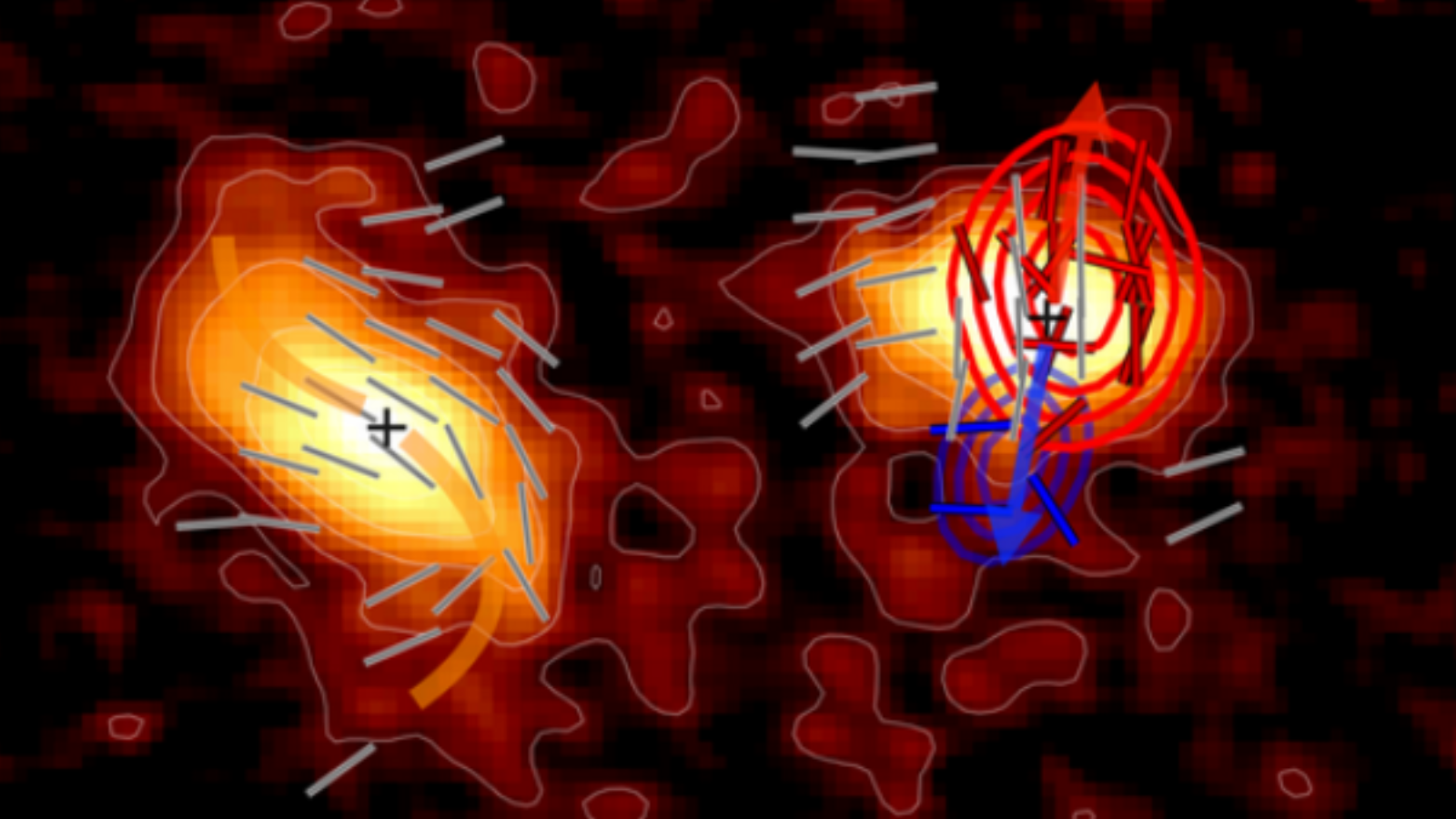Rocket Lab Plans Return to Flight in November

LOGAN, Utah — Rocket Lab announced Aug. 6 that it plans to resume launches of its Electron rocket in November, with two launches scheduled through the end of the year.
The company said the Electron launch of several small satellites, postponed several times from April, is now scheduled for early November from the company's launch site on New Zealand's Mahia Peninsula.
Problems with a motor controller in one of the first stage engines forced the company to postpone a launch attempt in April. A second attempt in late June was scrubbed shortly before liftoff when the problem re-occurred.
"We saw some strange behavior again and we've decided we're going to make a hardware modification to the motor controller," Peter Beck, chief executive of Rocket Lab, said in an interview during the AIAA/Utah State University Conference on Small Satellites here. "We made the decision to bite the bullet. We'll go in there and make some changes to the hardware, some components of the motor controller."
Those changes, he said, will require the company to perform a "complete qualification program" of the engines using the revised controller. That test program, he said, drives the decision to reschedule the launch for November, even though the company has flight hardware "stacked up left, right and center" at its facilities.
"We could put a vehicle on the pad right now," he said. "But we just don't take risks. There's a race on for small launch, but we're not going to race to launch on any timeline. For us, it's about being 100 percent perfect because that's what, at the end of the day, everyone remembers."
The payload manifest for the November launch remains the same as what the company announced in May. The launch will carry two Lemur-2 cubesats for Spire, a company that operates a constellation of such spacecraft for tracking and weather services. A satellite built by Tyvak Nano-Satellite Systems for GeoOptics, another company planning to operate a weather satellite constellation, is on the launch, as well as IRVINE01, a cubesat built by high school students in Southern California.
Breaking space news, the latest updates on rocket launches, skywatching events and more!
The mission also carries a hosted payload developed by German company High Performance Space Structure Systems GmBH to test drag sail technologies. That payload, integrated on the Electron's upper stage by Ecliptic Enterprises, will remain attached to the stage after satellite deployment.
Rocket Lab plans to follow that launch in December with its next Electron mission for NASA, fulfilling a Venture Class Launch Services contract the company won in 2015. That launch will carry 10 cubesats from NASA centers and universities, according to a manifest on the NASA CubeSat Launch Initiative website.
The back-to-back launches, which will be the third and fourth to date for the Electron, reflect the company's efforts to ramp up both the production and launch rates of the rocket.
With production of the Electron now approaching a rate of one vehicle a month, a goal a company set early this year, Beck said Rocket Lab is planning as many as 16 launches in 2019. The manifest of those missions is largely full, but with some room for cubesat rideshare payloads.
That 2019 schedule includes at least one launch from a U.S. launch site the company will develop over the next year. The company selected four finalists — Cape Canaveral, Pacific Spaceport Complex – Alaska, Vandenberg Air Force Base and Wallops Flight Facility — in July, and plans to select the winning site soon.
"Right now it's an incredibly even race. There's not one clear winner over anybody else," Beck said of the U.S. launch site selection process. "It's been a fantastic process for us, and you'll see an announcement very shortly."
This story was provided by SpaceNews, dedicated to covering all aspects of the space industry.

Jeff Foust is a Senior Staff Writer at SpaceNews, a space industry news magazine and website, where he writes about space policy, commercial spaceflight and other aerospace industry topics. Jeff has a Ph.D. in planetary sciences from the Massachusetts Institute of Technology and earned a bachelor's degree in geophysics and planetary science from the California Institute of Technology. You can see Jeff's latest projects by following him on Twitter.

